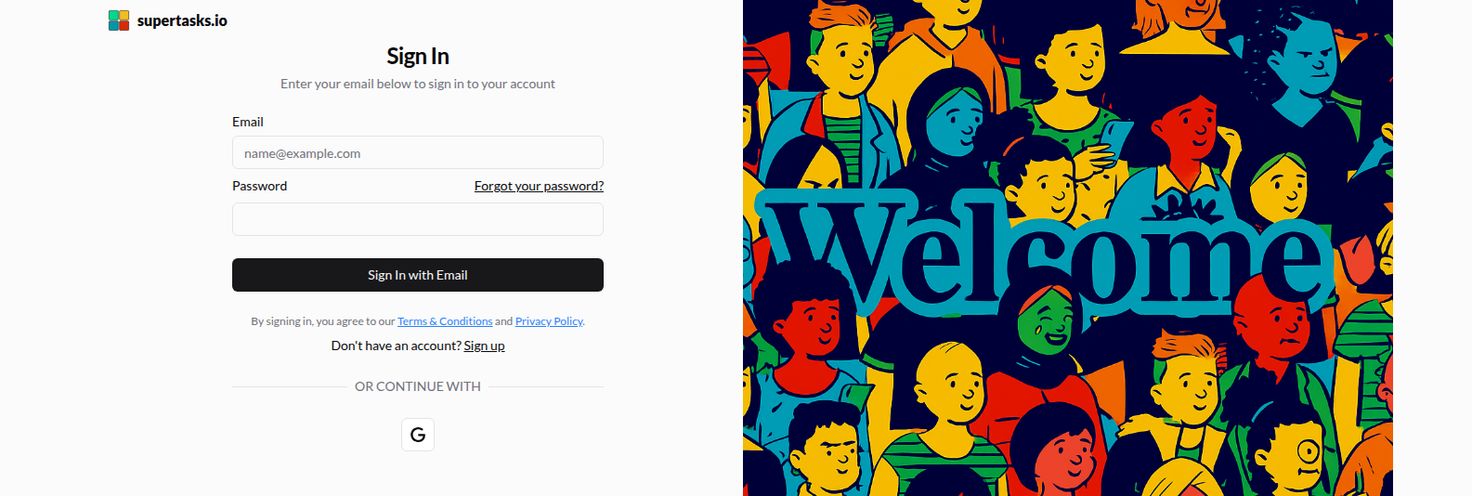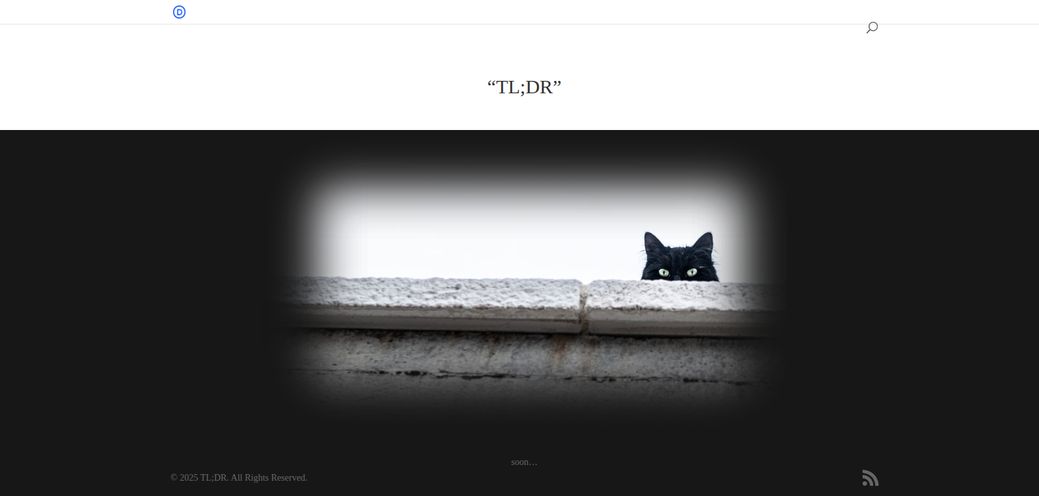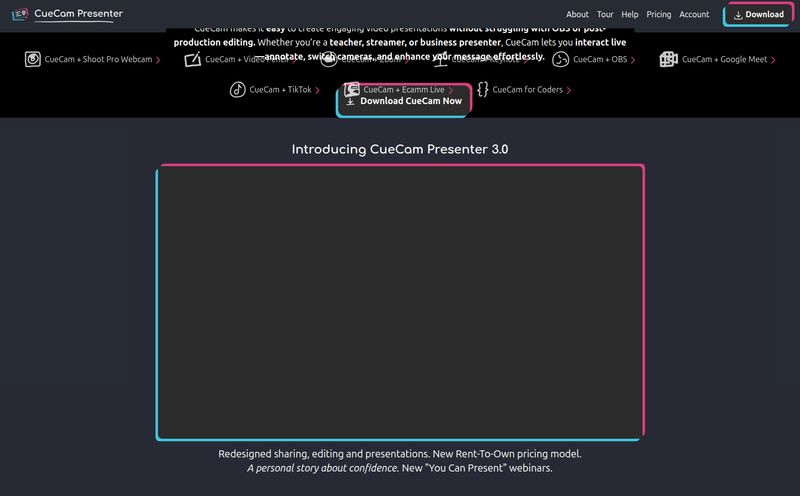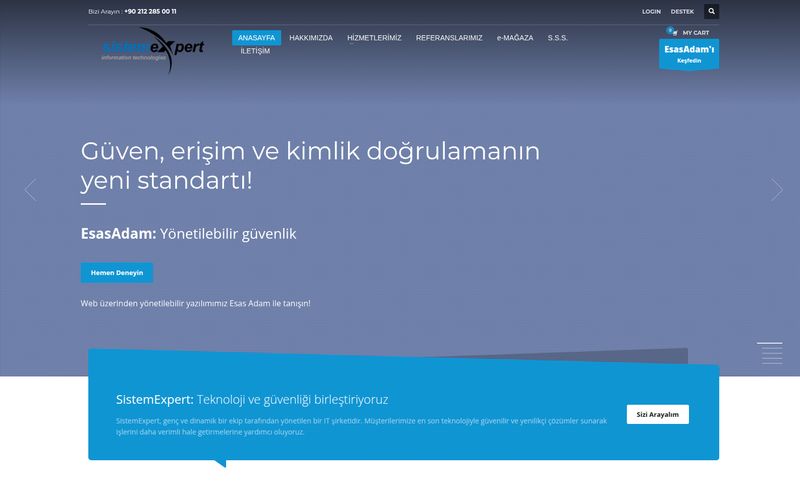Well, another one bites the dust. It's a phrase we use a lot in the tech world, maybe a little too much. But every now and then, a shutdown hits a little differently. When I landed on Coqui's homepage recently and saw the stark, simple message—"Coqui is shutting down. Thank you for all your support! ❤️"—I felt that familiar pang of disappointment. It wasn't just another app disappearing; it felt like a small but important light in the open-source AI community had gone out.
It’s always a shame to see a project with a noble mission close its doors. Especially one with a cool name and a quirky personality. I mean, their 404 page said, "Move along. This is no place for a frog." That's character. But what was Coqui, and why does its departure leave a frog-sized hole in the speech tech space?
What Exactly Was Coqui?
On the surface, Coqui was a speech technology platform. Their mission statement was simple and powerful: "Freeing Speech." That's a lofty goal, but it points to the core of what they were doing. They weren't just another one of the dozen AI voice generators that popped up over night, they were the spiritual successors to a really important project: Mozilla's DeepSpeech.
For those of you who've been in the weeds of machine learning for a while, you'll remember the DeepSpeech project. It was Mozilla's attempt to build an open-source speech-to-text engine. When Mozilla disbanded that team in 2021, some of the key people behind it founded Coqui to carry the torch. They took that open-source ethos and ran with it, focusing heavily on generative AI for voice, particularly Text-to-Speech (TTS).
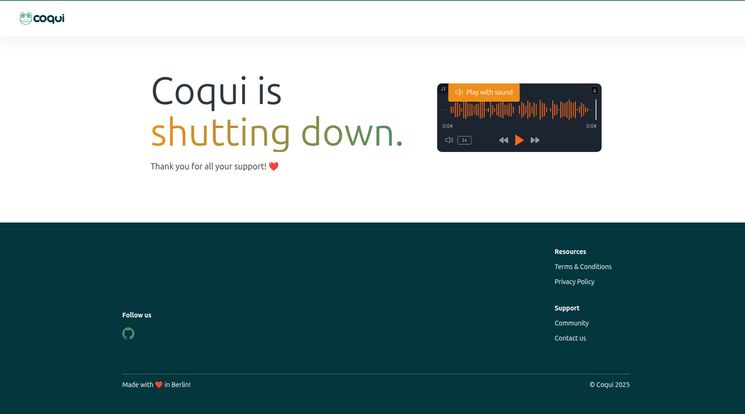
Visit Coqui
They weren't just building tools; they were building community and providing the building blocks for others to create with. In an industry increasingly dominated by closed, proprietary APIs from the big guys, Coqui was a breath of fresh air. Or, to stick with their theme, a loud and clear chirp in a quiet forest.
The Promise of Open-Source Voice AI
So why did this matter so much to geeks like me? Because open-source in AI is a big deal. When a company like OpenAI or Google releases a new model, you usually only get to access it through a strict, metered API. You're playing in their sandbox, by their rules. It's powerful, for sure, but it can be restrictive and expensive.
Coqui’s approach was different. They released their models to the public. This meant developers could download them, run them on their own hardware, fine-tune them for specific use cases, and integrate them deeply into their applications without constantly calling back to a third-party server. It's the difference between renting a power tool for an hour and actually owning one. You have more control, more privacy, and the freedom to experiment. This is how innovation realy happens, from the ground up.
A Look at Coqui's Technology (The Frog's Call)
And their tech was good. Like, really good. Their flagship was the XTTS model, which became a darling of the open-source community. It could perform incredible feats of voice cloning from just a few seconds of audio. We're talking high-quality, emotionally nuanced voice generation that could compete with some of the top-tier commercial offerings. It supported multiple languages, which is a huge hurdle in speech synthesis, and gave creators an unprecedented level of control over the final output.
They built a dedicated community on platforms like GitHub and Discord, where people were constantly sharing tips, custom models, and cool projects. It was a collaborative ecosystem, and the team from Berlin seemed genuinely passionate about fostering it. That passion was evident everywhere, right down to their clever error pages. This is no place for a frog. Brilliant.
Why Do Promising Startups Shut Down?
If the tech was so great and the mission so noble, what happened? The simple message on their site doesn't give any details, so we can only speculate. But in my experience, it usually boils down to a few hard truths.
Firstly, the AI space is brutally competitive. Coqui was up against giants and venture-backed rocket ships like ElevenLabs, Play.ht, and a dozen others. It’s hard to compete when your opponents have seemingly bottomless pockets for marketing and R&D.
Secondly, monetizing open-source is the million-dollar question. It's notoriously difficult. You give away your best stuff for free, hoping to make money on support, consulting, or hosted 'pro' versions. It’s a tightrope walk, and sometimes the wind just blows too hard. The sheer cost of training and hosting these massive AI models is another factor. It's not cheap to keep the lights on, let alone innovate.
Great tech doesn't always equal a great business, unfortunately. And that’s a lesson the tech graveyard teaches us over and over again.
A Note on Pricing and Data
For those wondering about the practicals, there obviously isn't a pricing page anymore. Coqui did offer a paid tier for services like their web-based studio and API access, which was likely their main attempt at monetization. As for data, their privacy policy was pretty standard stuff—they collected visitor statistics and browsing behavior to improve their service. Nothing too out of the ordinary, but a reminder that even free platforms have operational costs, and sometimes user data is part of that equation.
The Legacy and What's Next for the Community
Here’s the silver lining in all this. Because Coqui was built on an open-source foundation, their work doesn’t just vanish. This is the real beauty of it. While the company is gone, their incredible XTTS models are still out there. You can find them on Hugging Face, ready to be downloaded and used by anyone. The company may have shut down, but the frog's call still echoes.
The closure leaves a void, no doubt. We've lost a champion for the open-source speech movement. But the code and the models they released will continue to power projects for years to come. Their legacy is the technology they 'freed', and the community they helped build. And who knows, maybe a new team will pick up the torch. That's the way it works, right?
Frequently Asked Questions About Coqui
Is Coqui AI still available?
No, the company Coqui has officially shut down. Their website and commercial services are no longer available. It’s a real bummer.
What was Coqui AI used for?
Coqui AI provided open-source speech technology, primarily for Text-to-Speech (TTS) and voice cloning. Developers and creators used it to generate high-quality audio for everything from YouTube videos and podcasts to application voiceovers and character dialogue in games.
Was Coqui AI free?
Coqui operated on an open-core model. Their foundational models (like XTTS) were free and open-source for the community to use. They also offered paid services, like a web-based studio and API access, as a way to generate revenue.
Why did Coqui shut down?
The company hasn't given an official reason. However, shutdowns like this in the tech industry are often due to a combination of intense competition, the high operational costs of running AI models, and the challenges of monetizing an open-source project.
Can I still use Coqui's models?
Yes! This is the best part of their legacy. Because their models were open-source, they are still available for download and use on platforms like Hugging Face. The community continues to build with and support them.
What are some alternatives to Coqui?
For commercial, easy-to-use platforms, services like ElevenLabs, Play.ht, and Murf AI are popular. For those looking to stick with the open-source route, exploring projects on Hugging Face or looking into other community-driven TTS engines is the best bet.
Conclusion
The end of Coqui is a somber moment for the open-source AI world. They were a talented team with a great product and a mission worth rooting for. It's a stark reminder of how tough the startup ecosystem can be. But their contribution isn't erased. They pushed the boundaries of what was possible with open speech technology and gave the community powerful tools that will live on. So, thank you, Coqui team. Here's to the teams who try to free the frogs, even if they can't stay in the pond forever.
